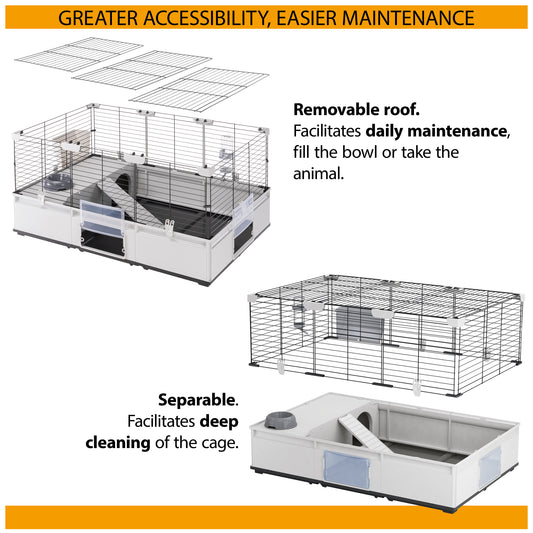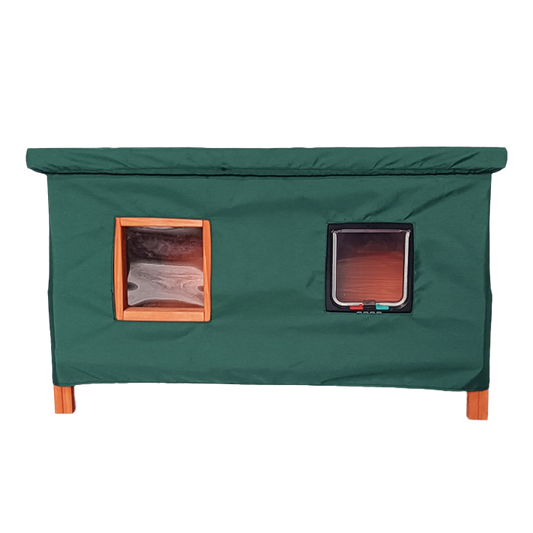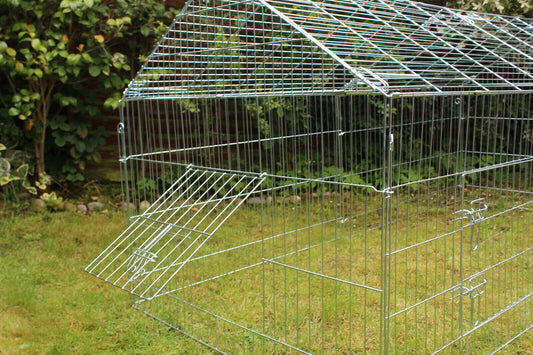Although not nocturnal, cats do love to roam at night. Their preferred hunting hours are during dawn and dusk when rodents and other small prey are at their most active but is it safe for cats to be out in the dark? Feline welfare charity Cats Protection advises that owners should keep their pets in at night, mainly due to the increased risk of death or injury caused by road traffic.
Road risk
Research carried out within the pet insurance industry reveals that as many as 78% of the road traffic incidents involving cats happen at night. It is not just cats that live near busy urban roads that are at risk either. Rural roads pose just as much risk to cats at night as cats can be caught off guard if a car were to appear suddenly in an area that is usually quiet.
Reflective collars can help improve a cat’s visibility on dark roads but many owners are wary of giving their cats collars due to the risk of strangulation if they become caught. If your cat wears a collar you should ensure that it has a quick-release mechanism, is the correct size (you should be able to fit two fingers snuggly between the collar and your cat’s neck) and that you check it regularly for signs of damage.
Other risks of harm
While roads pose the greatest threat to a cat’s night-time safety, there are other risks faced by allowing your cat out in the neighbourhood after dark. Cats are more likely to get into scraps with other cats and wild animals (such as badgers or foxes) at night, and there have been incidents of cats being stolen and even intentionally harmed by people at night.
Keeping your cat in
If your cat uses a cat flap you can lock it at night so that once your pet comes in, they cannot get back out again until you unlock it in the morning. Microchip cat flaps enable only your own cat to use it and there are smart versions that can be programmed to lock and unlock at certain times of day.
Keeping your cat happy
As cats enjoy being out at night, if you decide to keep your pet in you might find that they become restless or frustrated at their confinement. You’ll need to make their indoor environment enriching enough so that they can be kept busy and happy without having to go out at night. Climbing frames, scratching posts and puzzle feeders will all entertain your cat and mentally stimulate them while allowing them to safely indulge in natural hunting behaviours.
Playing with your cat is an important part of being a pet owner, especially if your pet is not able to hunt. Toys – like fishing rods or feather wands – encourage cats to stalk and pounce like they would when they are hunting. By playing with your pet in the early evening when they would naturally be out hunting, you can satisfy that need and tire them out so that you can enjoy an undisturbed night’s sleep.
If your cat is normally out during the day and doesn’t use a litter tray you should make sure that you get one if you are going to start keeping your cat in at night. Put it in a quiet secluded area of the house and ensure you clean it regularly.
If you enjoyed this article, have a look at:









